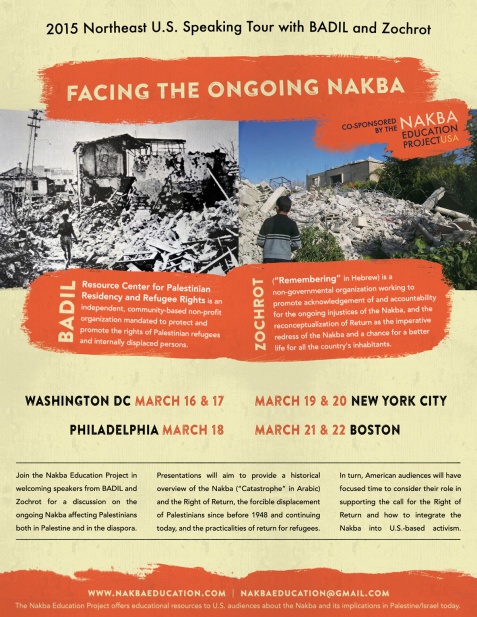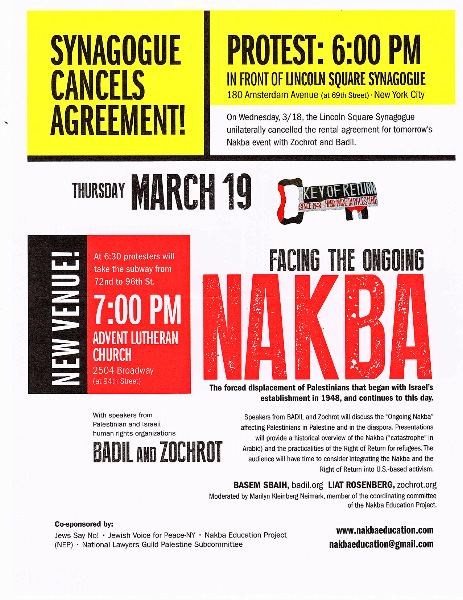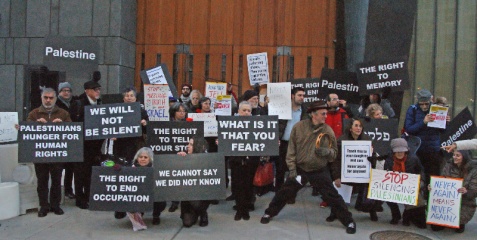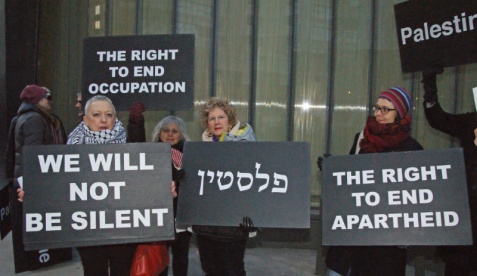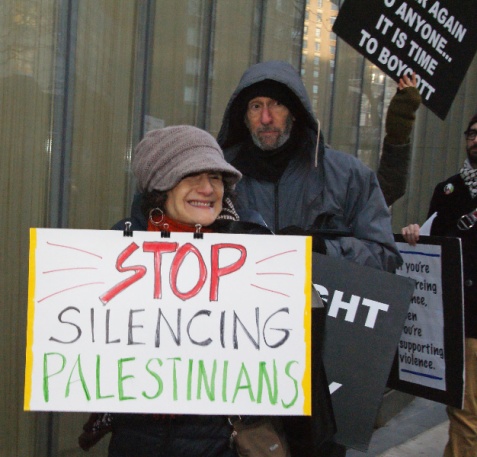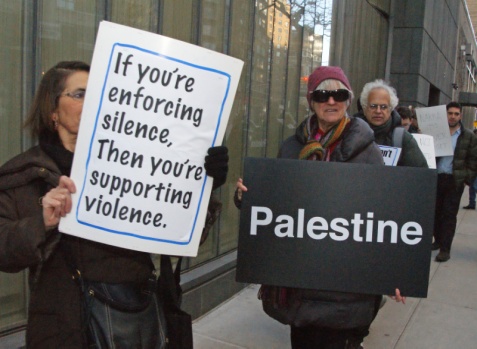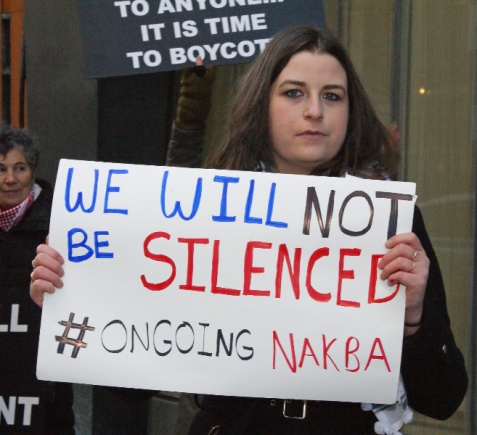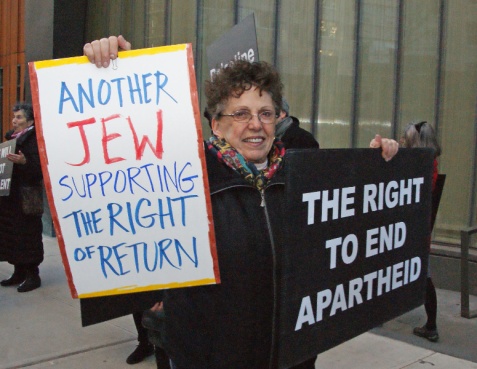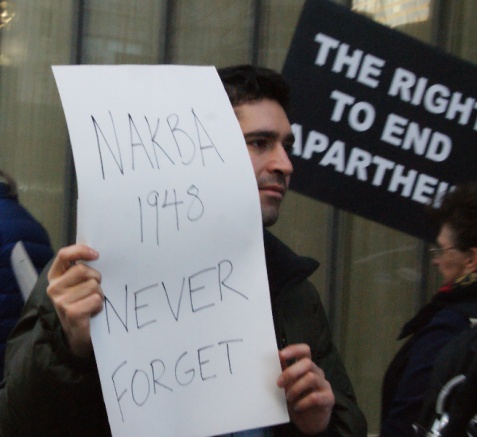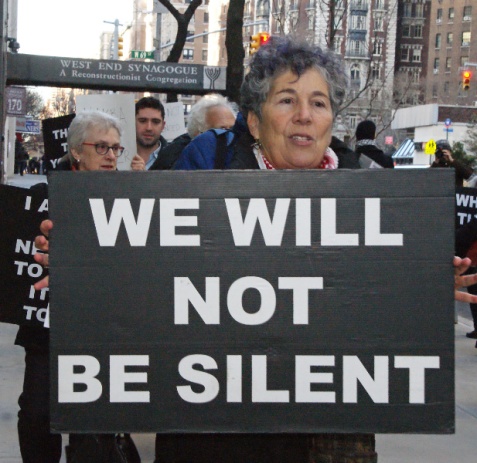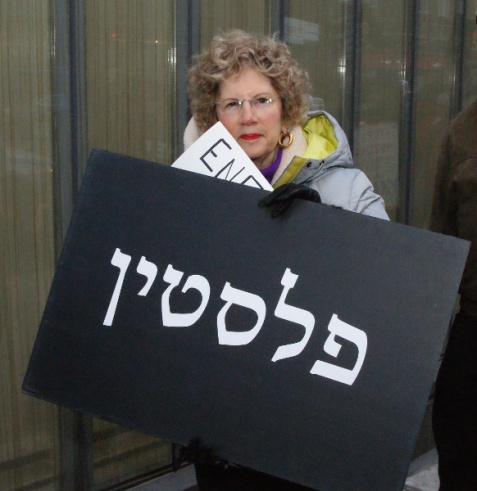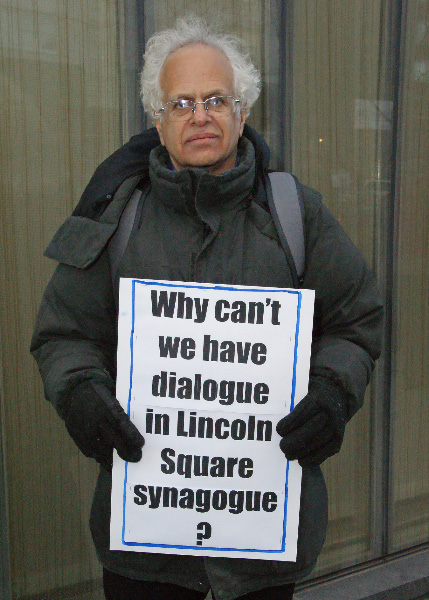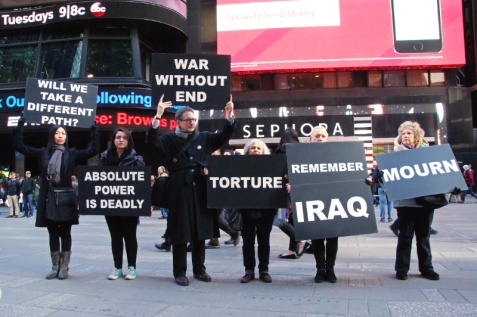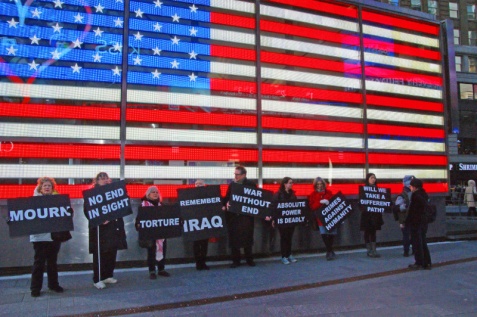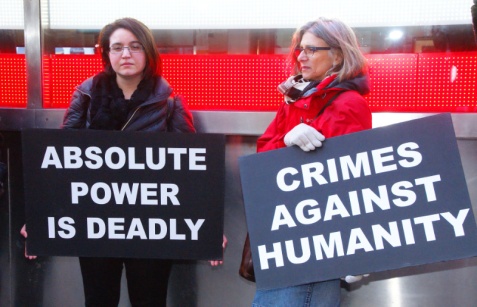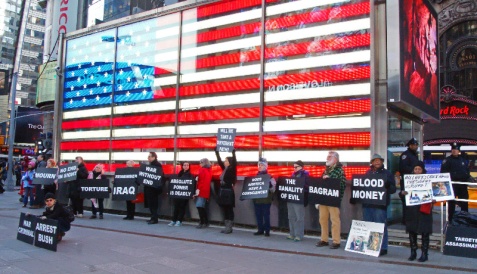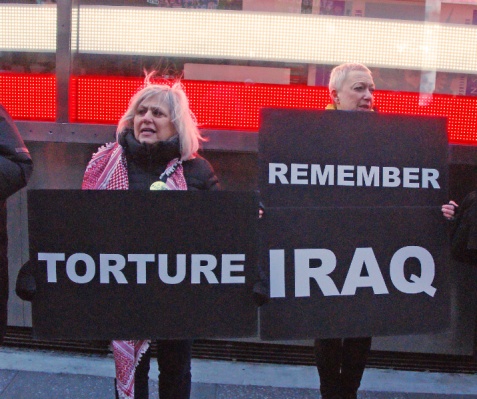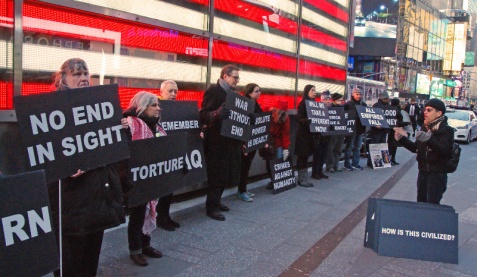THE ABSURD TIMES
Above: Capitalism v. Individuals, Countries and Peoples
SAMIR AMIN, YEMEN, AND COLONIALISM, CAPITALISM
by
Zarathustra
Now this is a voice from the third world, one that never wavered and remains ignored in modern discourse. His name has not come up recently, despite his thirty published books and thousands of articles along with the positions he has held. Everyone know of Noam Chomsky, quite a few about Edward Said, even Andre Frank comes up in conversation now and then. Yet I have only known two others who have read and talked about Samir Amin. His name has never even appeared on Democracy Now which is perhaps the most available forum for such matters.
Suffice to say that he is right on all points. Perhaps this is one reason he is not that well-known. Perhaps some consider his prose dense, but I have had that same charge leveled at me by those who certainly should know better.
At any rate, his main credentials are mentioned at the start of this article and it seems to me to be the last word on everything that is going wrong today.
So here it is:
FRIDAY, MARCH 27, 2015
African Economist Samir Amin on the World Social Forum, Globalization & the Barbarism of Capitalism
As tens of thousands gather for the World Social Forum in Tunis, Tunisia, we speak to one of the most prominent radical thinkers in Africa — the Egyptian-born economist Samir Amin. He is considered one of Africa’s leading political economists and was one of the pioneers of describing modern human history from the perspective of the Third World, arguing that the countries of the South were not latecomers to capitalism, but were integrated into the global economy from the start in a position of dependency to the rich, industrialized North. He is presently director of the Third World Forum in Dakar, Senegal — considered a precursor to the World Social Forum — and since 1997, has been the chair of the World Forum for Alternatives. Amin has written thousands of journal articles and opinion pieces as well as more than 30 books — with titles such as "Imperialism and Unequal Development," "Global History: A View from the South" and "The Liberal Virus: Permanent War and the Americanization of the World." The historian Ama Biney says Amin is "an intellectual titan in the canon of African radical thought."
Image Credit: flickr.com/skilllab
TRANSCRIPT
This is a rush transcript. Copy may not be in its final form.
JUAN GONZÁLEZ: We go now to Tunisia, where gunmen killed 23 people at the Bardo museum in Tunis last week. On Sunday, the Tunisian government is organizing a major march against terrorism. Meanwhile, tens of thousands of activists gathered in the city this week for the World Social Forum. On Tuesday, participants from more than 120 countries opened the forum with a March to the Bardo steps. More than 4,000 groups are attending the forum, which brings together social movements from around the world to discuss grassroots struggles for political change.
We’re joined by now one participant, the leading African writer, activist and dissident, Samir Amin. He is considered one of Africa’s leading political economists and was one of the pioneers of global history from the perspective of the Third World, arguing that the countries of the South were not latecomers to capitalism, but were integrated into the global economy from the start, in a position of dependency to the rich, industrialized North. He is presently director of the Third World Forum in Dakar, Senegal, considered a precursor to the World Social Forum, and since 1997 has been the chair of the World Forum for Alternatives.
AMY GOODMAN: Samir Amin was born in Cairo, Egypt, in the 1930s. He earned a Ph.D. in political economy in Paris in '57. He worked in Gamal Abdel Nasser's administration after returning to Egypt later that year, was subsequently director of the African Institute for Economic Development and Planning. He’s chair of the Center for Arab and [African Studies], which is an independent center of research and debates in Cairo, and remains active in political life in Egypt.
He has written thousands of journal articles and opinion pieces, as well as over 30 books, with such titles as Imperialism and Unequal Development, Global History: A View from the South and The Liberal Virus: Permanent War and the Americanization of the World. The scholar Horace Campbell calls Samir Amin, quote, "one of the foremost theoreticians of Marxism in the 20th century." And the historian Ama Biney says Samir Amin is, quote, "an intellectual titan in the canon of African radical thought."
Samir Amin, welcome to Democracy Now! As you join us from Tunis, Tunisia, from the World Social Forum, can you share these thoughts? The World Social Forum is a gathering you have attended for many years, been a part of since the beginning. And now you are back in Tunis—it’s the second time the World Social Forum is there—at the same time that this attack took place at the Bardo museum, killing 23 people, a major march against terrorism planned for Sunday. Your thoughts?
SAMIR AMIN: Good morning, or good afternoon—I don’t know. I think it’s good morning for you. And thank you for inviting me.
I have indeed been associated with the World Social Forum from the very start—that is, the first Social Forum, which was held in Porto Alegre, Brazil, in 2001. I may say even I was one—among, with many others, the founders of the World—of the idea of the World Social Forum. We had created in 1997, a few years before, in Cairo, the World Forum for Alternatives, you see, insisting on looking after alternatives—and I’ll say later, alternatives to what—and with the support of the Organization for Solidarity Among African and Asian Peoples and with many other organizations around the world, specifically the South—Asia, Africa and Latin America. Now, we have organized the first demonstration, not a wide, mass demonstration, but a political and intellectual demonstration, 1999—that is two years before Porto Alegre—in Davos. It was the anti-Davos in Davos. And that gave the idea of having it on a much wider scale, the name of which is the World Social Forum. Now we are again in Tunis, for the second time, for a new edition of the World Social Forum.
JUAN GONZÁLEZ: Samir Amin, I wanted to ask you, as you—as the World Social Forum is occurring, obviously, there’s convulsions throughout the Arab and Muslim world between the West and political Islam. You’ve written often, extensively, about the nature of political Islam in our time. I’m wondering if you could share your thoughts on that, as well.
SAMIR AMIN: Yes, I’ll come to that subject. But before that, the world is wider than the Muslim counties, of course. And we are a World Social Forum, not an Arab or Islamic social forum. And therefore we should deal—we are dealing with the questions which are of interest for the people all around the world, South and North, East and West, one may say. We are—I think I will give my own opinion, which is shared with many people, but particularly within the network, or the network of networks, which name is the World Social—the World Forum for Alternatives. We are believing that the new world order, which was established as of the ’80s with the structural adjustment programs, on one hand, and with the breakdown of the Soviet Union as of 1990, this new world order, unipolar, is not viable. And it is proving that it is not viable.
We had, after World War II, for a long period, not bipolarity and Cold War. This is summarizing in a too short summary what we had. In fact, of course, there was a military bipolarity, but this military bipolarity was completed by a political and economic and social multipolar system of globalization—because we had globalization. We had globalization since a long time. Perhaps globalization started with the human—the history of humankind.
But anyway, we had a phase of globalization, which was negotiated, negotiated between a variety of partners, at least—not two—at least, I would say, four. One, the Western bloc, organized—I mean the triad: United States, at that time western and central Europe, and Japan, for the Atlantic powers, associated also in a military arrangement, NATO, which is no less important. That was one partner—not the United States alone, but the United States with its European and Japanese allies. On the other hand, we had the Soviet Union, and with its allies in eastern—or dominated allies also in eastern Europe. But we had a third partner—China—which always had a high degree of independence, whether for its internal choices of development or for its international politics. That was clear and became more clearer and clearer along with the passing of years. But we had a fourth actor, no less important, which was out of the Conference of Bandung 1955. We are celebrating the 60th anniversary this year of Bandung. We had, coming out of it, the movement of non-aligned countries, which established, on the one hand, a political solidarity between most nations and states of Asia and Africa, on the one hand, and on the other hand, at the economic level, the establishment of the group of so-called 77—they are now much more than 77—in the United Nations. Now, that was a pattern of globalization.
Well, it came for a variety of reasons, and I have no time to go into the detail, into—out of steam. And therefore, it created the conditions for what I may call—what I call a counteroffensive or an offensive of imperialism—that is, of the allied Western major powers—the U.S., the European Union and Japan—and developed the idea and the practice and attempt to establish their exclusive domination over the whole planet, including the former socialist or so-called socialist countries of eastern Europe, of the former Soviet Union, and including even China, even if China is resisting successfully to it until now, but including everybody. As I mentioned before, a pattern of recolonization, one may say, of Africa, of a new stage of Monroe Doctrine with respect to South America and Latin America, and a non-negotiable globalization—that is, a unilaterally imposed globalization.
Now, the result of that pattern of globalization was simply a disaster. And it’s a disaster for everybody. You can see it in Europe with the—particularly in southern Europe, and you can see it particularly in Greece or in Spain now, but you can see it everywhere. I think you can see it in the United States. I mean, when you had the demonstration in New York, "We, the 99 percent," indeed, 99 percent of humankind did not benefit of that pattern of globalization. Those who benefited of it are perhaps even less than 1 percent, in some cases. But let’s say 1, or even if you have 5 percent, a very small minority, which is run, which is governed, which is managed by oligarchies. Oligarchy is not a specificity, say, of Russia today. You have an oligarchy running the United States, running the European Union and the countries of the European Union. You have oligarchies also running the dependent countries of Latin America, Africa, Asia. Everywhere, oligarchy.
Now, this system is not viable. There is disaster. Of course, in the countries of the South, and particularly in countries of Africa and Asia, the social disaster which was generated by that attempt to impose a unipolar globalization to the benefit of the rich countries and societies of the North, the triad, this was that—this social disaster led to—led to struggle. And the World Social Forum is a forum. It’s not more than—it’s not a party. It’s not an international. It’s not an association of parties. It is a place where the social movements, in struggle for—in most cases, I wouldn’t say necessarily in all cases, are very legitimate struggles for this or that right, for this and that, against this and that policy. The World Social Forum has been created to that effect. And it is operating.
Now, you had some explosions where—more than explosions—they led to start to changing—to a start for a change. And that happened in Latin America and South America before it happened elsewhere. It happened with the first election of Hugo Chávez in Venezuela. We should remember it. It happened in Brazil with the election of Lula. It has happened a little later in Bolivia, in Ecuador, and it may develop elsewhere in Latin America. Now they are facing—they are moving into a new stage and facing new problems, but that’s not my point. Now, you have also—you had also explosions of popular movements in many other places, after all the dictatorships, of Marcos, of Suharto in Indonesia. And I should remind, those dictatorships were supported, to the end, by the United States and by their Western allies and by Japan. Now, where—and we had in Africa the dictator, Moussa Traoré, who was overthrown 16 years ago by a popular revolt, a popular revolt, with thousands of people killed, and this dictator was also supported to the end by the Western powers—in that case, particularly France, but behind it, Europe and United States. Now—but which gave no big results, because they moved too fast into the illusion of a so-called—so-called—democracy now, summarized—summarizing democracy in pluripartism and fast elections. And history has proven that democracy is far more than multipartism and elections.
AMY GOODMAN: Samir Amin, we have to break for a moment.
SAMIR AMIN: It needs long time to develop.
AMY GOODMAN: Samir Amin, we have to take a break for a moment, but we’re going to be back—
SAMIR AMIN: Yes.
AMY GOODMAN: —to you in just 60 seconds. Samir Amin is Egyptian political economist, renowned scholar, activist and dissident, has written more than 30 books. His most recent, Capitalism in the Age of Globalization. This is Democracy Now!We’ll be back with him in Tunis, Tunisia, in a moment.
[break]
AMY GOODMAN: This is Democracy Now!, democracynow.org, The War and Peace Report. I’m Amy Goodman, with Juan González. We are spending the rest of the hour with Samir Amin, the Egyptian political economist, renowned scholar, activist, dissident, director of the Third World Forum in Dakar, Senegal, has written over 30 books. His most recent, Capitalism in the Age of Globalization. We’re speaking to him as the World Social Forum, tens of thousands of people, are gathered in Tunis, Tunisia. He has been with the World Social Forum and its precursors since the beginning. And we are also with him in the aftermath in Tunis of the attack on the Bardo museum, where 23 people, mainly foreigners, were killed. Juan?
JUAN GONZÁLEZ: Samir Amin, I wanted to ask you about remarks in one of your books, Liberal Virus: Permanent War and the Americanization of the World. You wrote in that book, "I can only conclude that capitalism has entered its declining senile phase; the logic which governs the system is no longer able to assure the simple survival of half of humanity. Capitalism has become barbaric, directly calling for genocide. It is now more necessary than ever to substitute for it other logics of development with a superior rationality." Could you expound on that? And also, you’ve talked a lot about the impact of imperialism and capitalism on Africa’s agricultural population.
SAMIR AMIN: Yes. I think I should be short, because I have only a few minutes now left. I, of course, continue to subscribe to what I wrote under the title of The Liberal Virus, because this virus, unfortunately, many people have been contaminated by it—and not only the leaders of the political system, but also on a large scale, the people, the people themselves.
Anyway, what is needed today is precisely to construct what we have called sovereign projects of nations, because we start with nations. It cannot—the world has never been changed from the top, by changing the global order. It’s changing at the bottom, which is the nations, as they are, starting to change the balance of forces. And that creates the condition for eventually changing also the global order from unipolar system of domination to a negotiated—any negotiated—multipolar globalization.
That is what we mean by a sovereign project, which should be national in that sense, not in the sense of chauvinists, but in the sense having—getting its roots in the peoples of the various nations, popular in the sense, another pattern of economic development, which would ensure that the whole of the nation, 100 percent—and since nothing is perfect, let’s say at least 80 or 90 percent—of the people do benefit from the economic growth and development. And not only a small minority, the oligarchy of the 1 percent, or even a wider minority of the middle classes, say, 5 or 20 percent—no, another pattern.
And we are to know that this other pattern is precisely coming into conflict with the logic of capitalism—really existing capitalism—as it is today. And it cannot be very different from what it is today. And therefore, we ought to know that this—the management of such a project cannot be a management from the top by means which ignore democracy, but democracy being understood in that case as a wide concept, democratization as an endless historical process, not a blueprint that you just have to implement—you have multipartism, you have respect of a number of human rights, and you have elections, and that’s all. No. As a process of changing the relations between men and women, for instance—it’s, after all, the two halves of human kind; between the employee, say, the worker and the employer, whether this employer is private or public, for the management of the economy; the relation between the citizen and the power system at all levels. And this is a process, a very complex process. This is precisely what we have been discussing, how to—not to give blueprints and say to the people, "You should be do this and that," as, unfortunately, the leaders of the world today are doing in most cases, including the blueprint of the World Bank or IMF or I don’t know whom, etc. No, not a blueprint for all, but what are the ways and means to move into this direction of having sovereign, national, popular and democratic project, which would create the conditions for a global—we are not moving out of globalization. We are not going to leave the planet to another planet. No, we are bound to live together.
But to live together, not only with some degree of respect one another, of course, but we need more than that. We need to have our relations—whether economic relations of trade, of finance, and so on; whether political relations, including the security and military dimensions of it; whether cultural relations—in order to construct together a universal, higher stage of civilization, but which is not just exporting the American or the Western—and you Americans have the Western pattern; you have inherited it from Europe, and you know it—as the exclusive—
AMY GOODMAN: We have 20 seconds.
SAMIR AMIN: Yeah—as the exclusive response to the challenge. Thank you.
AMY GOODMAN: Samir Amin, we want to thank you for being with us, and welcome you for the first time to Democracy Now!, speaking to us from Tunis, Tunisia, Egyptian political economist, renowned scholar, activist, dissident, director of the Third World Forum in Dakar, Senegal. His most recent book, Capitalism in the Age of Globalization.
 The original content of this program is licensed under a Creative Commons Attribution-Noncommercial-No Derivative Works 3.0 United States License. Please attribute legal copies of this work to democracynow.org. Some of the work(s) that this program incorporates, however, may be separately licensed. For further information or additional permissions, contact us.
The original content of this program is licensed under a Creative Commons Attribution-Noncommercial-No Derivative Works 3.0 United States License. Please attribute legal copies of this work to democracynow.org. Some of the work(s) that this program incorporates, however, may be separately licensed. For further information or additional permissions, contact us.



